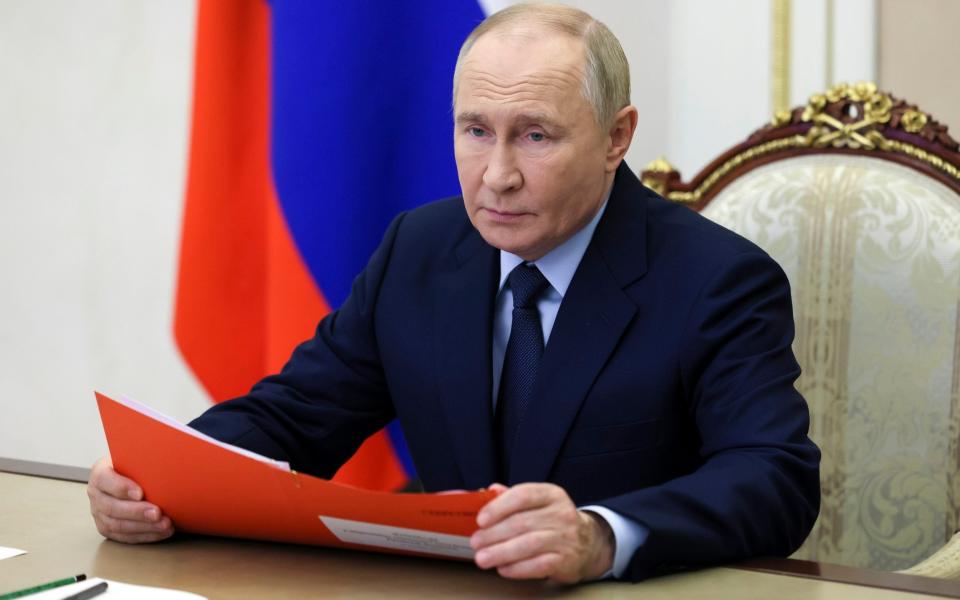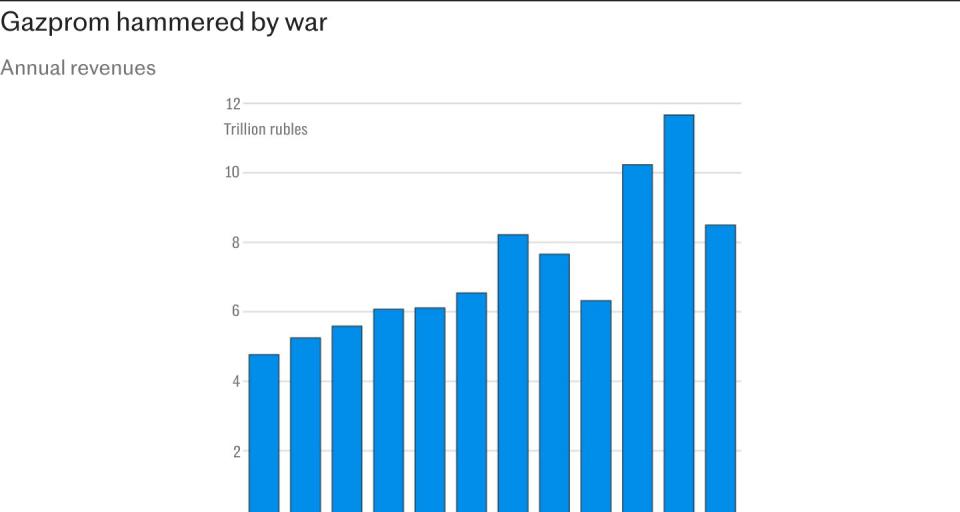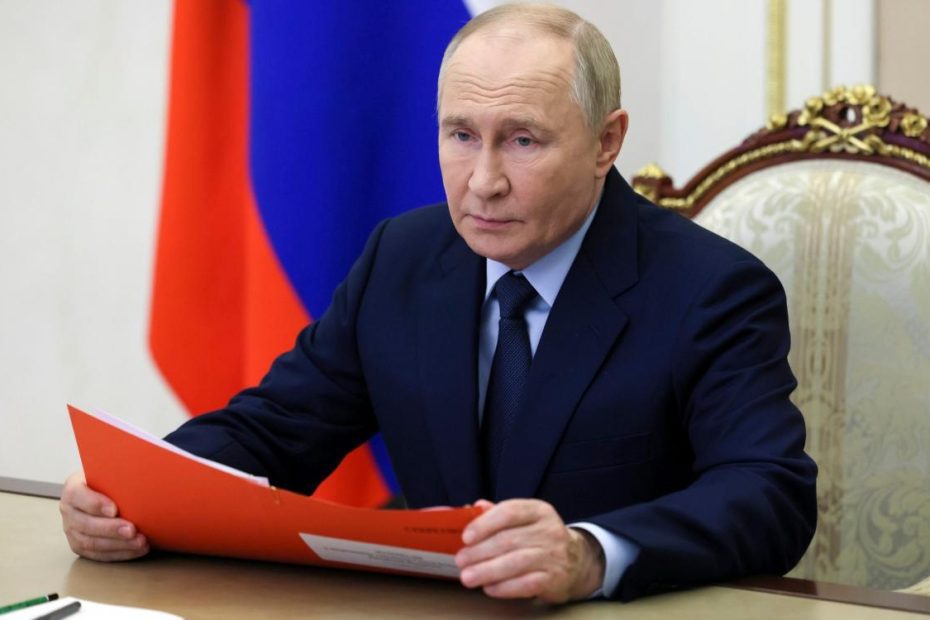
Kremlin-owned energy giant Gazprom suffered a collapse in its North Sea profits last year after sanctions and windfall taxes hit the company.
Russian government-owned Gazprom UK saw pre-tax profits fall from 45 million euros in 2022 to 4 million euros last year, according to accounts filed with Companies House.
The company paid €1.7 million in dividends to its Russian parent through a Dutch subsidiary, compared to €41 million the year before.
Gazprom UK has been producing gas from the Sillimanite field, which is spread across British and Dutch waters, since 2020 in a joint venture with the German company Wintershall.
However, in March the country announced plans to sell its stake, two years after Vladimir Putin's invasion of Ukraine triggered a wave of Western sanctions that have crippled the Kremlin's exports.


The company's British subsidiary benefited from a rise in energy prices in the aftermath of the war, allowing the company, Russia's biggest taxpayer, to send millions to the Kremlin in 2021 and 2022.
The British accounts, which were filed a day late, were published months after the parent company suffered its first annual loss in more than two decades due to declining gas trade with Europe.
“The decline in profits is mainly due to a decrease in production volumes,” the British company said in the documents.
The accounts also show that most of Gazprom's UK profits were eaten up by the energy profits tax introduced by Rishi Sunak when he was chancellor, with payments totaling £2.9 million since the tax was introduced in May 2022.
The Russian president has also imposed an additional production tax on Gazprom in Russia until 2025, as the country struggles to continue financing the war.
The results highlight the dramatic decline of Gazprom, one of Russia's most powerful companies, since the collapse of the Soviet Union.
A report commissioned by the company's leaders and published this summer predicted that revenues were unlikely to exceed pre-war levels over the next decade, with gas exports to Europe barely reaching a third of pre-war levels by 2035 .
“The main impact of the sanctions on Gazprom and the energy industry is the contraction of export volumes, which will be restored to 2020 levels not earlier than 2035,” the authors of the document wrote.

